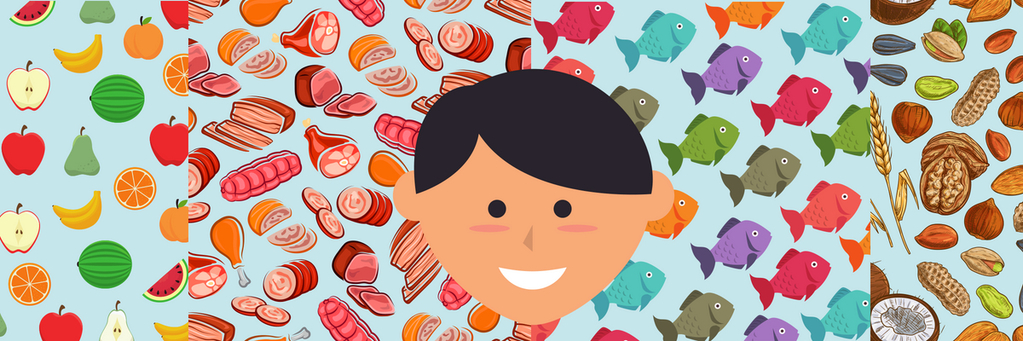When you suffer an injury, your first thought might be to seek treatment from a doctor or physiotherapist. And while that's the correct action to take, people often forget to think about how their diet can impact their recovery process.
We sat down with nutritionist, Kate Jeffries from Katalyst Nutrition to talk through how you can eat your way to recovery.
Based in Brisbane, Kate holds a Bachelor of Behavioural Science (Psychology) and an Advanced Diploma of Nutritional Medicine and she uses her background in both of these areas to work to achieve optimal health and nutrition for her clients.
Read on to see her insights and find out what food you need to be eating and when.
If you missed Part 1 in this series, click here to view it.
What are the signs and symptoms of this stage of recovery and how long does this stage last for?
Injury healing involves processes that (1) fill in, (2) seal and (3) shrink the wound or injury.
These characteristics of healing vary in importance and duration dependent on the different types of injuries.
Injury healing, following the inflammatory response, involves a process known as the migration or proliferation phase. This phase begins 3 – 4 days after injury and continues from between 2 – 10 weeks dependent on the type and severity of injury.
For example, a paper cut or sutured surgical wound will heal within a couple of weeks because the edges of the wound are in close proximity and the injured area has suffered minimal tissue loss.
A fracture, on the other hand, can take up to 10 weeks in the migration phase as there are more complicated processes involved in an attempt to restore bone tissue and strength.
Within 48 hours after an injury, a process called angiogenesis takes place in which new blood vessels begin to form from surrounding soft tissue which increases the blood flow to the site of injury. Any dead red blood cells are cleared away and other cells known as fibroblasts infiltrate the injured area and start laying down collagen.
This is a vital component of this process as collagen is the most abundant protein found in our bodies and acts as the ‘glue’ that holds together the tissues of our:
…the list goes on.
What foods should you be eating at this time?
During the migration phase you will probably find that you are exercising less so your appetite decreases.
Although your energy requirements during recovery are less than when you are consistently exercising, they are still higher than your day to day energy requirements when sedentary (your basal metabolic rate). This is due to the work your body is undertaking to repair injured tissue. Failing to meet these energy requirements by not eating enough coupled with lack of exercise may result in a loss in muscle mass as well an increase in fat stores.
Proteins are the building blocks for all of the cells in our body so consuming adequate protein is vital during recovery. The minimum amount of protein that should be consumed in a day is 0.8 gm of protein per kg of body weight.
So, for a 70 kg person this equates to approximately 56 gm of protein each day.
The needs of athletes are higher and they should be consuming closer to 1.5 – 2 gm of protein/kg of body weight each day.
Your protein intake should be broken up over the course of the day and will ideally come from a variety of different sources.
Protein
Protein sources include (but are not limited to):
Healthy Fats
The inclusion of healthy fats such as:
…remains important during this phase due to their anti-inflammatory properties (refer to previous post for more information).
Carbohydrates
Minimally processed carbohydrates should also be included for energy from wholefood sources such as:
Are there any other considerations we should be making at this time?
The main considerations during this period are ensuring you are eating enough each day to meet your energy requirements.
This may mean that you ensure you eat every 3 – 4 hours even though you may not be feeling that hungry.
Avoiding inflammatory foods such as high amounts of animal protein, alcohol, caffeine, sugar and highly refined or processed foods will also support the recovery process.
It is also important to include variety in your diet to ensure you are obtaining a wide range of different nutrients to optimize your health and functioning of the body.
Thanks Kate.
You can book a consultation with Kate at Katalyst Nutrition online or call (+61) 423 493 330.


